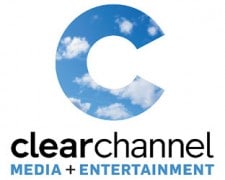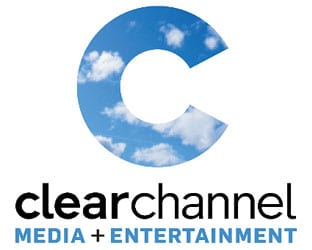 The national research from CCME on the popularity of radio across multiple platforms spells out the medium’s continued, widespread popularity, particularly among Millennials and Generation Z, who listen to radio regularly and describe it as “trustworthy,” “human” and “relate-able.”
The national research from CCME on the popularity of radio across multiple platforms spells out the medium’s continued, widespread popularity, particularly among Millennials and Generation Z, who listen to radio regularly and describe it as “trustworthy,” “human” and “relate-able.”
The study is the first comprehensive audio analysis that addresses the various ways people are listening today and also clearly demonstrates that the growing prevalence of mobile devices coupled with easy access to streaming apps have made radio more relevant to users.
The comprehensive research, conducted for CCM+E by research firms Latitude Research and OpenMind Strategy, also reveals that listeners enjoy connecting with their favorite stations and on-air personalities via social media, illustrating how social media has made radio increasingly interactive and personal.
The study shows that 92% of Americans regularly tune in to AM/FM radio (at least once a week) and that much of this listening happens at or near a place of purchase radio’s significant and “unique selling proposition,” in the words of advertising icon David Ogilvy. Additionally, 85% of listeners feel radio is more accessible than ever, which demonstrates that digital media, most notably iHeartRadio, has fueled category growth and expanded radio’s accessibility and relevancy.
Also a majority of listeners view on-air personalities as local celebrities and reported that DJs engage listeners regularly on both digital and broadcast platforms. “It’s gone from calling in [to the station], to texting, to Twitter,” said one participant. “It keeps getting easier” [to be part of the radio station’s community].
Listeners also revealed that they prefer on-air advertising that is creative, humorous, leverages on-air talent and is generally “more like radio.”
“This research confirms that radio’s reach and appeal remain strong regardless of the platform, geography, ethnicity, or age group,” said Clear Channel CEO Bob Pittman. “American listeners particularly younger generations feel a strong connection to their favorite on-air radio personalities which is made stronger by social media in a way that isn’t replicated by other media.”
More key findings:
· 69% agree “streaming services do not replace radio.”
· 80% say radio is helpful in discovering new artists or songs.
· 82% say the first thing they do when they get in a car is turn on the radio.
· 66% agree that their favorite radio stations reflect who they are as a person.
· 78% agree that radio has the power to make a difference in the community and 72% believe radio is more community-oriented than TV.
· 85% say radio is more accessible than at any time before and 78% say they can access radio anywhere.
· Radio advertising is viewed more positively than ads on TV, internet and mobile apps.
· 72% believe that radio feels more “human” than the internet and 65% believe it is more “personal” than TV.
· 71% say radio is a part of their daily routine.
“This is the first time the industry has looked so closely at the state of audio in America today,” said Dr. Radha Subramanyam, EVP, Insights, Research and Analytics at CCME. “The study represents a major step forward in understanding how hundreds of millions of Americans engage with radio and audio content and advertising every day.”
The results were presented by Dr. Subramanyam, who holds a PhD in Radio, Television and Film, to an audience of major advertisers and included a performance by Rod Stewart at the iHeartRadio Theater presented by PC Richard and Son. CCM+E partnered with Latitude Research and OpenMind to survey more than 1,000 respondents.
RBR-TVBR observation: As we’ve said before, Smartphones and tablets are the same thing as transistor radios. The study proves that many listeners are still enjoying radio, but listening via new devices. Pandora cannot bring excited listeners together on the phone for a contest or prank. Pandora cannot put a listener on the air that just won tickets to a free concert of station-advertiser event. The one-to-one medium of radio is obviously surviving in the internet age.





